If you’re looking for a fun activity, try your hand at dyeing Easter eggs, naturally. With a few simple, food-based ingredients, you can produce a basket-full of vibrantly colored Easter eggs to brighten up Easter baskets or your Easter dinner tablescape!
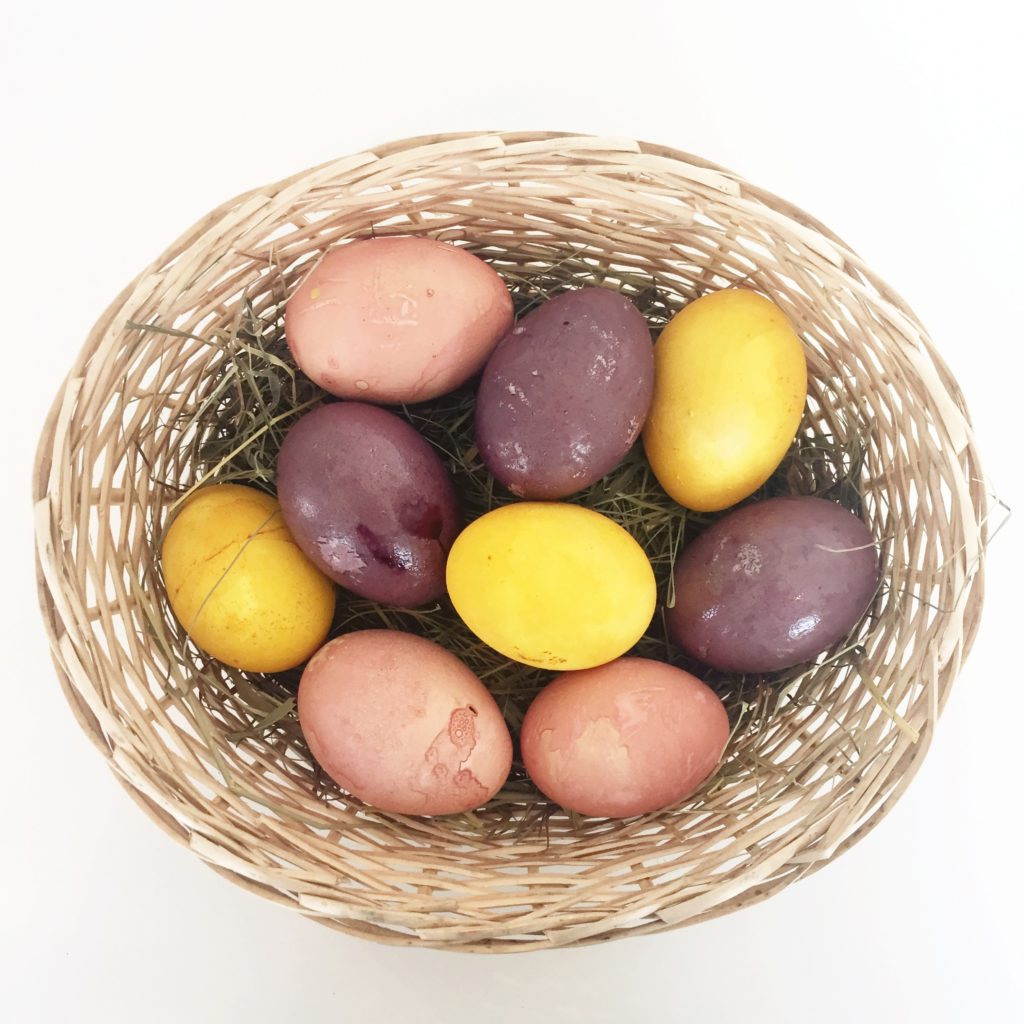
What You’ll Need:
- 1 dozen white eggs (Alderfer’s Organic White Eggs, available now!)
- 3 Tbsp. turmeric powder (for yellow eggs)
- 6 cups grape juice (for purple eggs)
- 4 cups chopped beets (for pink eggs)
- water
- white vinegar
- large sauce pot
- slotted spoon
- paper towels
- wire drying rack
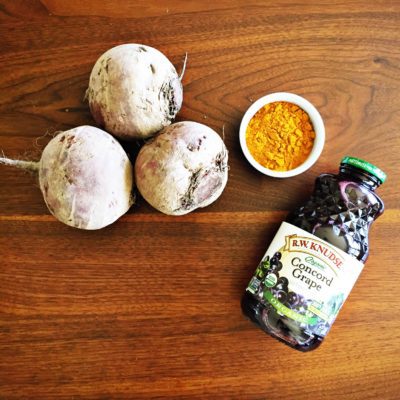
Instructions:
Set eggs into sauce pot (3-4 at a time) with approximately 4-6 cups water* (enough to cover eggs), 2-3 Tbsp. white vinegar (2 T for 4 cups of water, 3 T for 6 cups), and your chosen color ingredient.
*When using grape juice to make purple eggs, do not add additional water to the sauce pot.
Bring water to a boil, and maintain a rolling boil for 20-30 minutes for full color saturation. (Because of the duration of time that the eggs boil during the hot dyeing method, it is best not to plan to eat them, as they will be overcooked.)
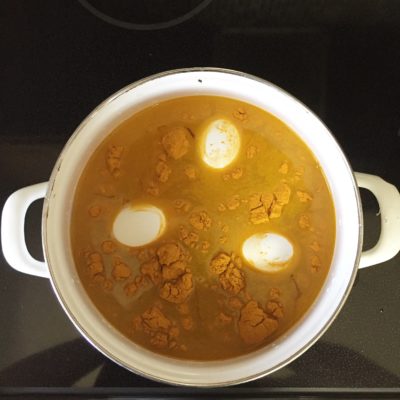
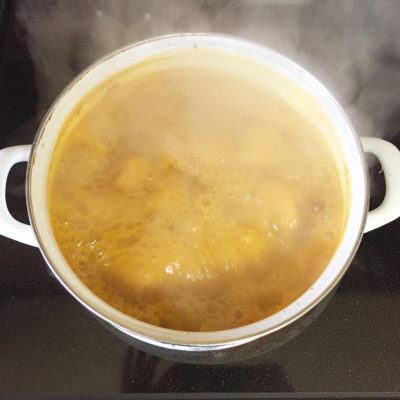
Use slotted spoon to remove eggs, wipe lightly with paper towel to remove excess dye, and transfer to wire rack to dry.
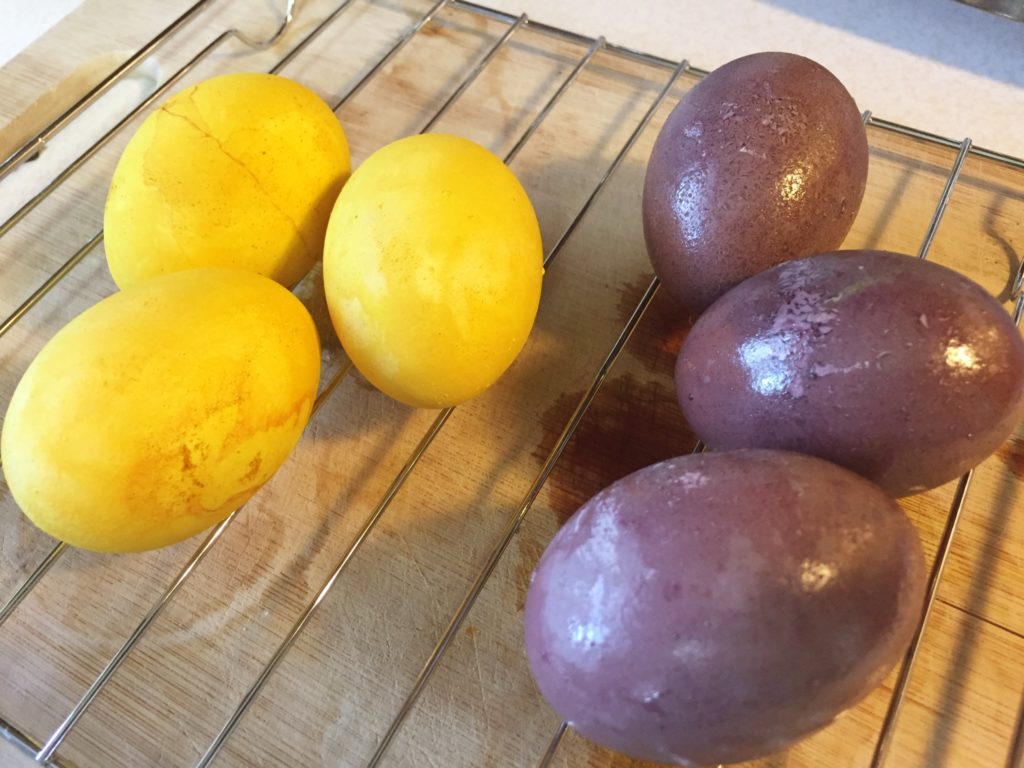
Do you have other tips, tricks and techniques you use for dyeing Easter eggs naturally? Tell us your favorite color (or effect!) and how you achieve it in the comments below!
(And if the DIY route just isn’t your thing, come in to one of our stores and pick up your eco-kids® All Natural Egg Coloring Kit today!)







“Because of the duration of time the eggs boil during the hot-dyeing method, it is best not to plan to eat them, because they will be overcooked.” At a time when many people are risking their health to get food to their homes and food workers are on the frontline of Covid-19, that is hugely wasteful. If ever there was a time not to waste food, it is now.
Thanks for reaching out! That’s a fair point: just boil the solution first, and then soak the eggs overnight in it, rather than boiling the eggs in the solution (then proceed to just boil long enough to cook, after soaking). In either case, the eggs are certainly still edible if you follow the original directions, just overcooked for fine culinary standards!